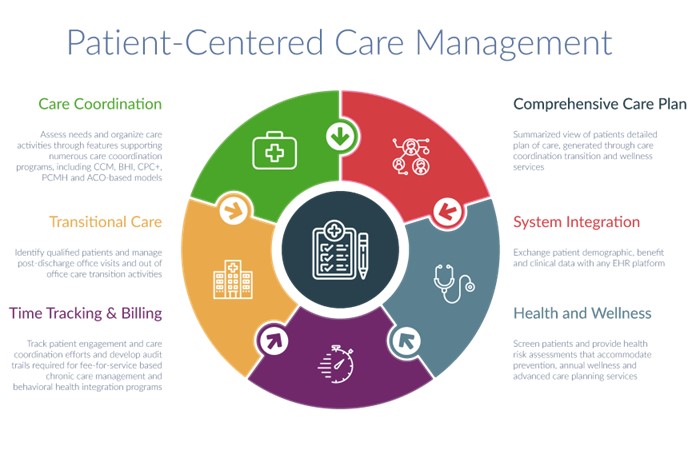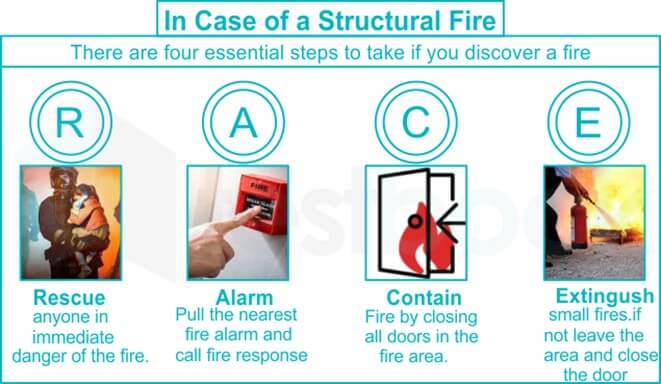A client states that he is Muslim.
The client has type two diabetes mellitus and has been prescribed a long-acting insulin.
The client says that he fasts for Ramadan.
Educate the client that fasting is not an option.
Tell the client not to take his insulin the night before.
Inform the client that he will need to change his lifestyle completely.
Collaborate with the client and provider to develop a client-centered plan of care.
The Correct Answer is D
Collaborate with the client and provider to develop a client-centered plan of care.
It is important for the nurse to respect the client’s cultural and religious beliefs while also ensuring that his medical needs are met.
By collaborating with the client and his healthcare provider, the nurse can help develop a plan of care that takes into account the client’s desire to fast during Ramadan while also managing his diabetes.

Choice A) Educating the client that fasting is not an option is not respectful of the client’s beliefs and may not be effective in promoting adherence to treatment.
Choice B) Telling the client not to take his insulin the night before is not appropriate as it may result in uncontrolled blood sugar levels.
Choice C) Informing the client that he will need to change his lifestyle completely is not a client-centered approach and may not be effective in promoting adherence to treatment.
Nursing Test Bank
Naxlex Comprehensive Predictor Exams
Related Questions
Correct Answer is B
Explanation
The client is experiencing neuropathic pain.
Pain after amputation can involve both nociceptive pain due to bone and soft tissue injury and neuropathic pain from direct neural trauma and central sensitization1.
This can lead to a complicated, mixed form of pain.
Choice A is not the correct answer because nociceptive pain is not the only type of pain that can occur after amputation.
Choice C is not the correct answer because cutaneous pain is not the type of pain being described.
Choice D is not the correct answer because visceral pain is not the type of pain being described.
Correct Answer is D
Explanation
The nurse’s first action when a fire is discovered in a client’s room is to evacuate any clients or visitors in immediate danger12.
This is because the safety of the clients and visitors is the top priority.

Choice A is not the correct answer because activating the fire alarm is not the first action that should be taken.
Choice B is not the correct answer because confining the fire by closing all doors and windows is not the first action that should be taken.
Choice C is not the correct answer because notifying the supervisor is not the first action that should be taken.
Whether you are a student looking to ace your exams or a practicing nurse seeking to enhance your expertise , our nursing education contents will empower you with the confidence and competence to make a difference in the lives of patients and become a respected leader in the healthcare field.
Visit Naxlex, invest in your future and unlock endless possibilities with our unparalleled nursing education contents today
Report Wrong Answer on the Current Question
Do you disagree with the answer? If yes, what is your expected answer? Explain.
Kindly be descriptive with the issue you are facing.
